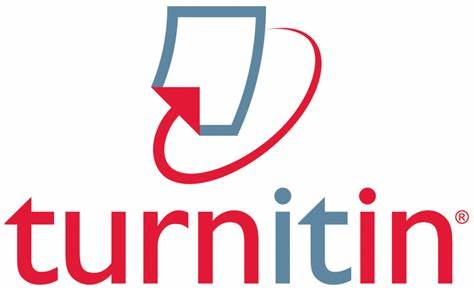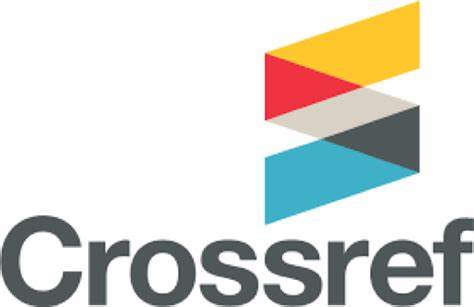Dealing with allegations
Anyone may inform the editors and/or editorial staff at any time of suspected unethical behavior or any type of misconduct by giving the necessary information/evidence to start an investigation.
Investigation
- Editor-in-Chief will consult with the editorial board on decisions regarding the initiation of an investigation.
- During an investigation, any evidence should be treated as strictly confidential and only made available to those strictly involved in investigation.
- The accused will always be given the chance to respond to any charges made against them.
- If it is judged at the end of the investigation that misconduct has occurred, then it will be classified as either minor or serious.
Minor misconduct: Minor misconduct will be dealt directly with those involved without involving any other parties, e.g.:
- Communicating to authors/reviewers whenever a minor issue involving misunderstanding or misapplication of academic standards has occurred.
- A warning letter to an author or reviewer regarding minor misconduct.
Major misconduct: The Editor-in-Chief, in consultation with the editorial board, and, when appropriate, further consultation with a small group of experts should make any decision regarding the course of action to be taken using the evidence available. The possible outcomes are as follows (these can be used separately or jointly):
- Publication of a formal announcement or editorial describing the misconduct.
- Informing the author’s (or reviewer’s) head of department or employer of any misconduct by means of a formal letter.
- The formal, announced retraction of publications from the journal in accordance with the Retraction Policy.
- A ban on submissions from an individual for a defined period.
- Referring a case to a professional organization or legal authority for further investigation and action.
When dealing with unethical behavior, the editorial staff will rely on the guidelines and recommendations provided by the COPE.





